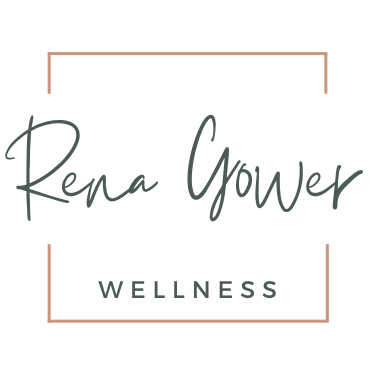
Substance Abuse Counseling
Addiction is defined as a chronic, relapsing disorder characterized by compulsive drug seeking and use despite adverse consequences. It is considered a brain disorder, because it involves functional changes to brain circuits involved in reward, stress, and self-control. Those changes may last a long time after a person has stopped taking drugs.
Signs of substance use disorder may include:
Taking a substance for longer periods of time than necessary
Wanting to decrease your substance use behavior but having a hard time doing so
Cravings to use the substance
Neglecting other parts of your life (work, home, school, relationships) because of your substance use
Continuing to use, even though it is negatively impacting your relationships
Using substances or actively partaking in behaviors that may put you in danger
Spending a lot of your time on the addictive behavior or thinking about how you are going to obtain more drugs; using the drugs; and recovering from the drug use
Needing more and more of a substance in order to get the same effects
Developing withdrawal symptoms and the only way to decrease them is to use again
Although there is no definitive cure for addiction, there are evidence-based therapies that can help people manage the disease and live a happier, healthier life. For many people affected by addiction, substance abuse counselors are the vital link to recovery.
HOW DO I KNOW IF I’M STRUGGLING WITH ADDICTION?
Addiction is a chronic disease that alters your brain’s reward centers. Most people think of substance abuse when it comes to addiction, but addiction can also involve behaviors such as shopping, gambling, overeating, or over exercising.
Addiction alters how dopamine and other neurotransmitters that are linked to the reward system are controlled in the brain. There are behavioral characteristics of addiction, such as an inability to control behaviors, as well as physical side effects.
How Substance Use Counseling Works:
We will first schedule a free phone consultation to talk about your goals and how we might work together. If it’s a fit, I will send you some intake forms to fill out and we can get started.
In our first session, we will discuss your goals for working together. I will develop a plan that includes modalities such as CBT (cognitive behavioral therapy), positive psychology, empowerment theory, and psychotherapy.
Each client looking for substance abuse counseling is unique and the therapy plan will vary based on you and your needs. Treatment plans address each substance use disorder and will adjust based on the progress being made. It is important that treatment plans match the individual needs, readiness, and goals of the patient so that a successful outcome can be reached.
You will have help navigating every step of your recovery journey, and we will develop a specialized plan for treatment based on your needs and objectives
During substance abuse counseling we may also help you set up your friends and family for success in terms of supporting you, and discuss how to navigate this with a partner (if applicable).
To help maintain your recovery, we will determine the potential risks for relapse and develop prevention plans. This includes helping to identify triggers and often working with families to teach them effective ways to support their loved one and cope with addiction.
Substance abuse disorder can be overwhelming and isolating, but you don’t have to go through it alone. Counseling will help you manage stress and feel empowered navigating your journey to recovery.
Substance abuse counselors, sometimes referred to as addiction counselors, aim to provide specialized care and support for individuals who struggle with an array of mental health disorders. The care provided is designed to help people manage and overcome their addiction(s).
How does substance abuse counseling differ from other therapies?
Addiction presents itself differently from person to person, so a tailored treatment plan that addresses their needs is essential.
There are a few traits to look for when working with a counselor. For many, counselors may need to establish trust with their patients or tell them truths that can be difficult to hear. But it is all part of building a healthy counselor-patient relationship, so it is important to find one you feel is trustworthy.
Substance abuse counseling will involve us working together to create an individual treatment strategy to support you in recovery. Counseling may also include involving family or loved ones to help them understand your struggles and support you in the recovery process. Our work may involve utilizing the twelve-step program method of recovery and working what is known as the “steps” to aid in recovery.
As a substance abuse counselor, we are a bridge between patients and other outside resources that can also be vital to recovery. For example, some patients may be referred to an outside drug or alcohol support group, or to clinical care.
